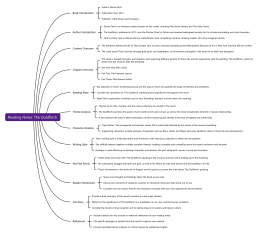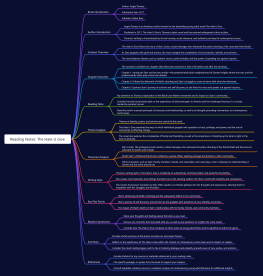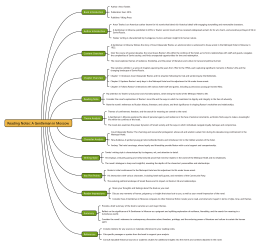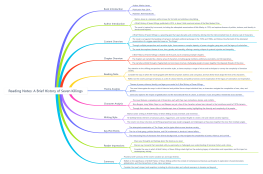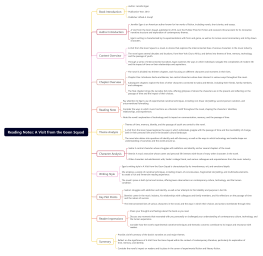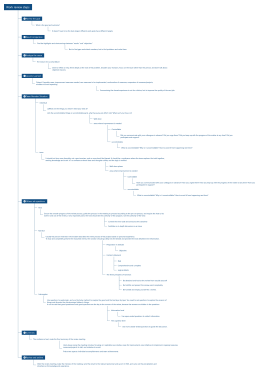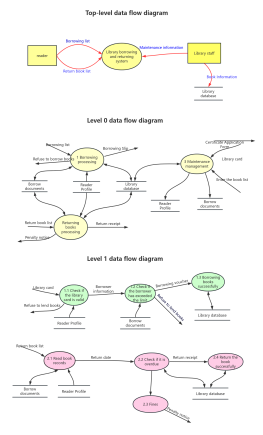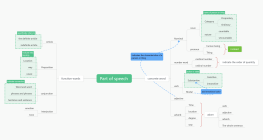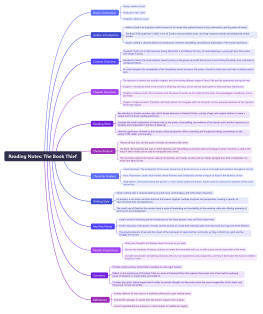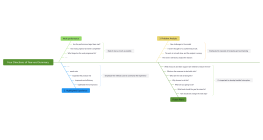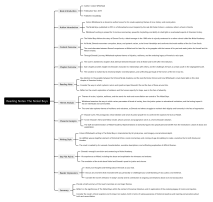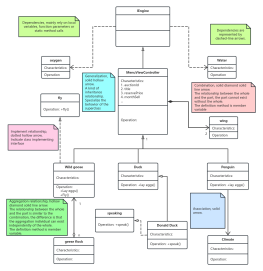The Underground Railroad-Colson White head: Book Summary
2024-07-19 14:31:14 0 Report
Login to view full content
Other creations by the author
Outline/Content
Book Introduction
Author: Colson Whitehead
Publication Year: 2016
Publisher: Doubleday
Author Introduction
Colson Whitehead is an American author known for his exploration of African-American history and culture.
Published in 2016, The Underground Railroad is a Pulitzer Prize-winning novel that reimagines the historical underground railroad as an actual railway system.
Whitehead's writing is characterized by its lyrical prose, vivid imagery, and unflinching exploration of themes such as race, identity, and freedom.
Content Overview
The Underground Railroad follows the journey of Cora, a young slave on a cotton plantation in Georgia, as she escapes bondage and seeks freedom in the North.
As Cora travels through various states, each representing a different vision of America, she encounters both allies and enemies on her quest for liberty.
The novel explores the brutality of slavery, the resilience of the human spirit, and the enduring quest for justice and dignity.
Chapter Overview
The narrative unfolds in a series of chapters that follow Cora's journey from the Randall plantation in Georgia to various stops along the underground railroad.
Chapter 1: Introduces Cora and her life on the plantation, as well as her decision to escape with another slave named Caesar.
Chapter 2: Follows Cora and Caesar as they make their way north, encountering dangers and obstacles along the way.
Chapter 3: Explores Cora's experiences in different states, each presenting its own challenges and opportunities for freedom.
Reading Note
Pay attention to Whitehead's use of magical realism and metaphorical imagery to explore the psychological and emotional realities of slavery.
Consider the novel's exploration of themes such as power, resistance, and the legacy of slavery, and how they resonate with contemporary issues of race and justice.
Note the novel's complex portrayal of characters, including both victims and perpetrators of oppression, and its challenge to traditional narratives of American history.
Theme Analysis
Themes of freedom, identity, and the legacy of slavery are central to the novel.
The Underground Railroad examines the ways in which individuals navigate systems of power and oppression, and the choices they make in pursuit of liberation.
The novel also explores the meaning of freedom and the limitations of physical and geographical escape as a form of emancipation.
Character Analysis
Cora: The protagonist, whose journey from bondage to freedom serves as the narrative backbone of the novel.
Caesar: Cora's companion on the underground railroad, whose determination and resourcefulness help them survive their journey.
Other characters, such as Ridgeway, a relentless slave catcher, and various abolitionists and sympathizers who aid Cora along the way.
Writing Style
Whitehead's writing style is marked by its lyrical prose, rich symbolism, and evocative descriptions.
He employs a third-person narrative voice that allows readers to see events from multiple perspectives, adding depth and complexity to the story.
The novel's structure is nonlinear, with flashbacks and interludes that provide context and backstory for the characters and their experiences.
Key Plot Points
Cora's escape from the Randall plantation and her journey northward on the underground railroad.
Her encounters with various individuals and communities along the way, each offering a different vision of America and its relationship to slavery.
The novel's climax and resolution, as Cora confronts her past and decides her own fate.
Reader Impressions
Share your thoughts and feelings about the book as you read.
Discuss any moments of insight, emotion, or revelation that stood out to you, as well as your overall impression of the novel.
Consider how The Underground Railroad challenges conventional narratives of American history and offers a fresh perspective on the legacy of slavery and its impact on contemporary society.
Summary
Provide a brief summary of the book's narrative arc and major themes.
Reflect on the significance of The Underground Railroad as a work of literature that sheds light on a dark chapter in American history and invites readers to reckon with its legacy.
Consider the novel's relevance to ongoing discussions about race, justice, and equality, and its potential to inspire empathy, understanding, and action.
References
Include citations for any sources or materials referenced in your reading notes.
Cite specific passages or quotes from the book to support your analysis.
Consult reputable literary analyses or critical reviews for additional insights into the novel's themes, characters, and cultural significance.

0 Comments
Next page
Recommended for you
More
